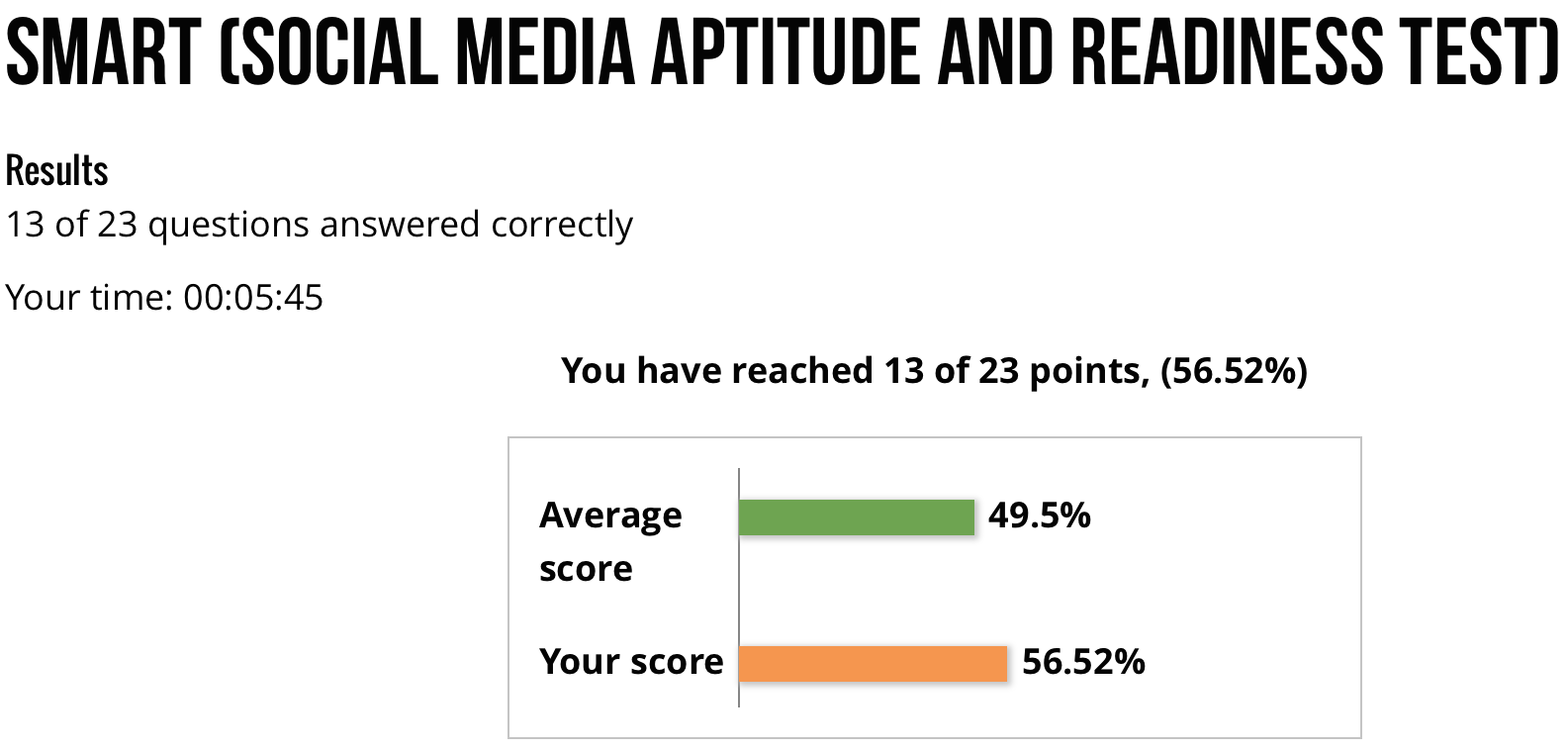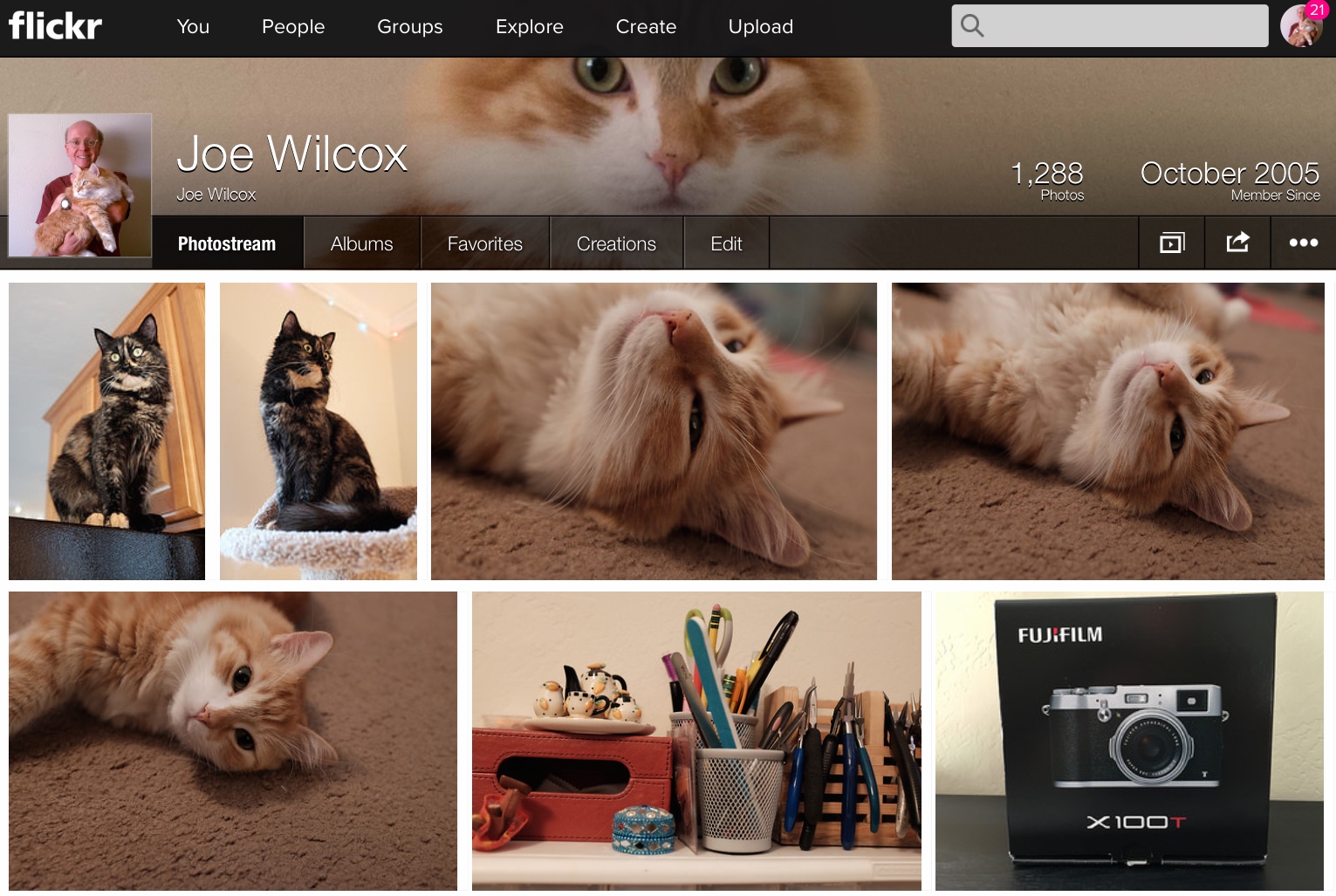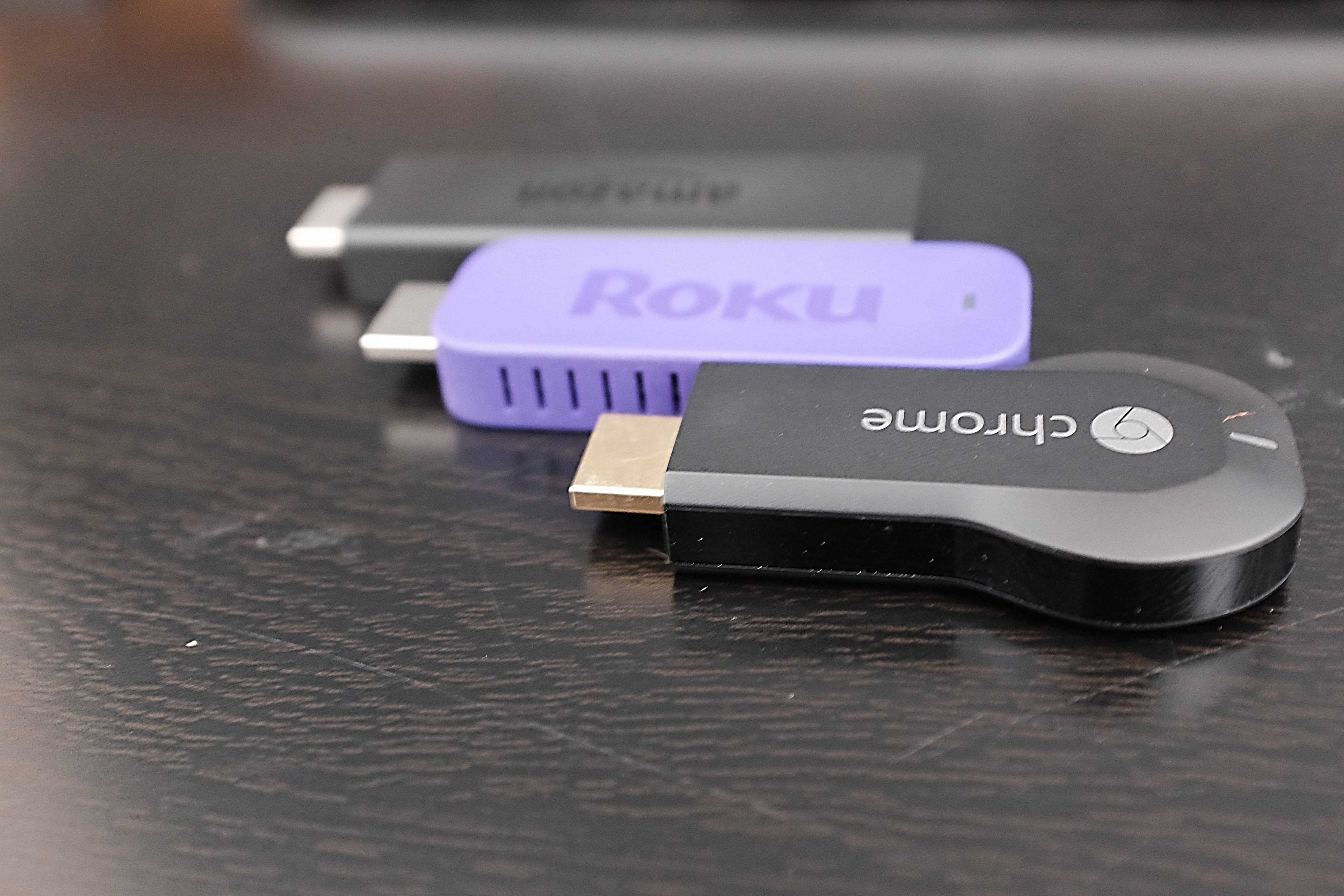Two days before Christmas, I sat in the local coffee shop waiting to meet someone who was late. Way late. Bored, I switched between cleaning crap mail out of my iPhone 6 inbox and watching patrons. Looking up from a text message, I spotted something green under a chair about 5 meters away. I walked over and picked up unexpected cash, and an amount someone surely would miss. What to do with it?
Found money is a blessing if you need it, but a curse to the loser. This particular WiFi-equipped barista bar, LeStat’s on Park, is popular with college students. I imagined some impoverished, scholarshiper losing the last of his or her Christmas cash, and I wanted to return it. But how? To whom? You can help answer the latter question, either here or on one of the social networks where I will link. This post is plea for advice.











